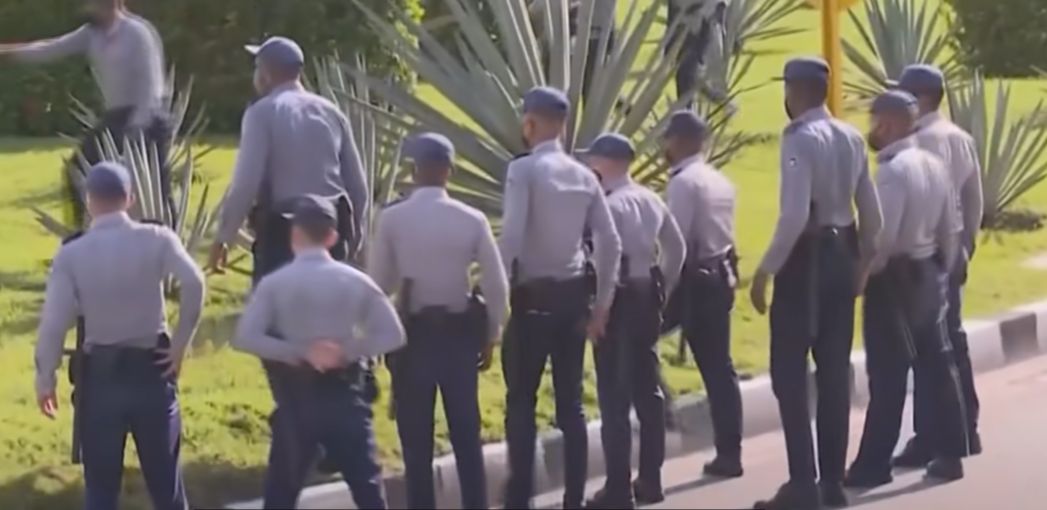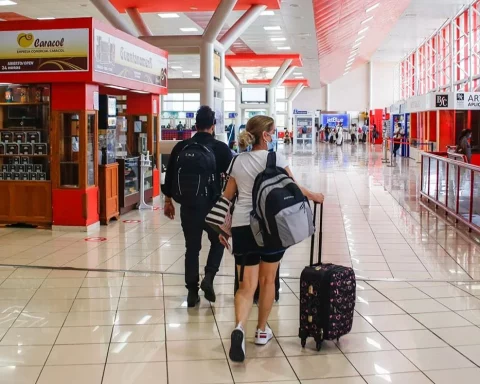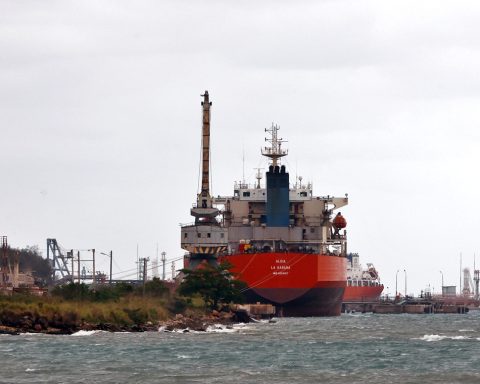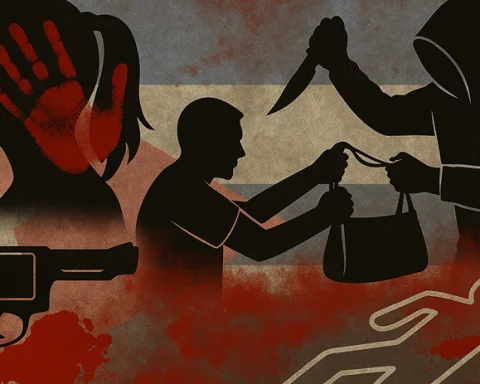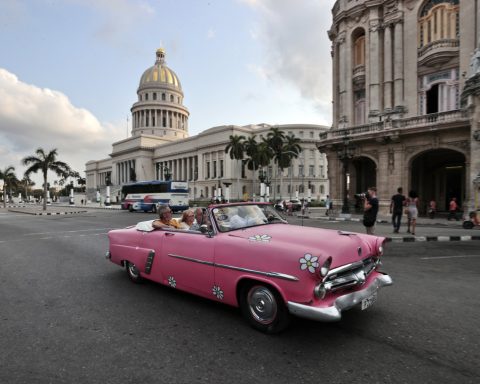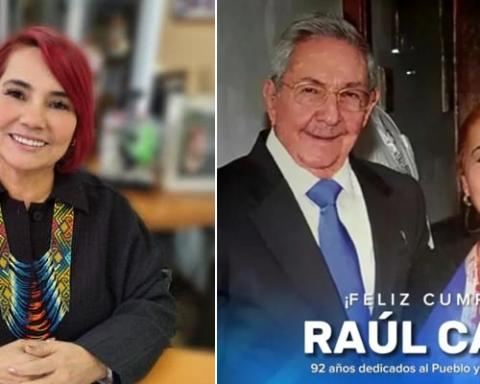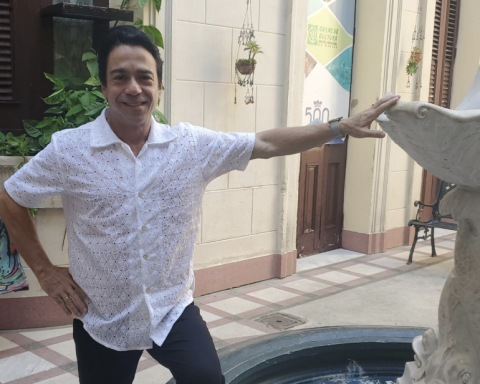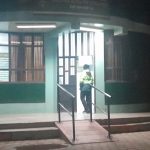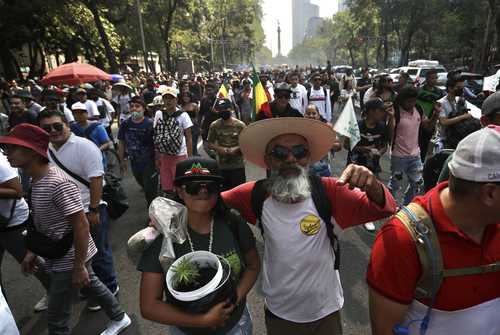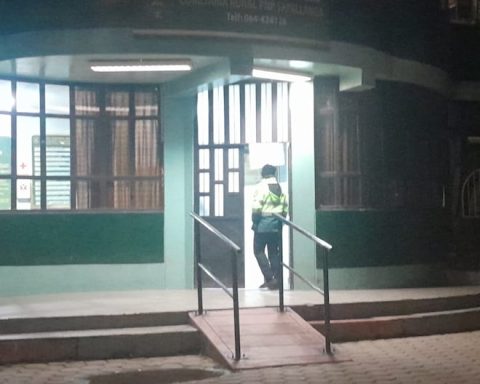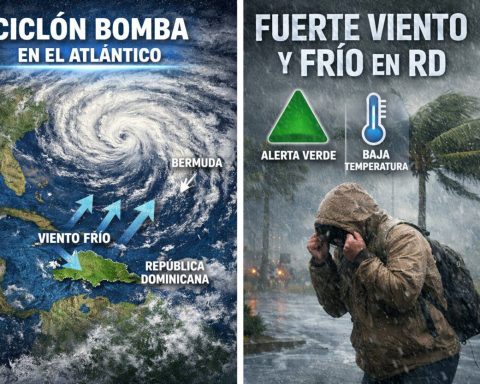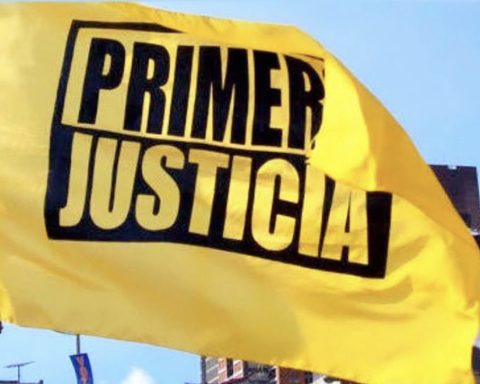MEXICO CITY.- Cuban and foreign organizations presented reports on a series of human rights violations systematically practiced by the Havana regime. The UN Committee Against Torture believes that Cuba must respond to violations.
This time the Cuban government did not come out of the Torture Committee session well, which echoed all the violations documented by independent civil society organizations, such as Cubalex and Prisoners Defenders.
During the 73rd session of this entity, held between April and May, the experts who supervised the application of the Convention against Torture and Other Cruel, Inhuman or Degrading Treatment or Punishment (CCT) examined Cuba. The organ’s concern about minors imprisoned for demonstrating on July 11 was marked.
In his 17-minute speech, Sébastien Touze, vice president of the United Nations Committee Against Torture, said that the number of people in prison makes “Cuba the country with the highest prison population in the world.” In addition, he pointed out that they had “verified the figures” and there were “797 detainees for every hundred thousand inhabitants, which means that 7.94% of the population is in jail.”
recommendations
In the report of conclusions and recommendations to Cuba, Touzé pointed out that 55 minors were detained, violating the guarantees of their rights, and that many are currently detained.
The expert continued his presentation by taking up data from independent organizations, pointing out that 38,000 people in prison “would not have a criminal record” and would be in cells of 2.5 square meters shared by four people, without windows and without the possibility of knowing the time. He also mentioned the particular cases of José Daniel Ferrer and Luis Manuel Otero Alcántara; as well as the arbitrary arrest of Denis Solís.
The Committee also expressed its concern at not knowing how the Cuban government “determines pre-criminal dangerousness”, a figure under which they imprison people who have not committed crimes, but supposedly could do so in the future.
Last month Cubalex and 13 other Cuban civil society organizations presented a report that analyzes the situation of torture in Cuba. The document highlights gender violence, forced exile and violations inside prisons.
The text, also produced by Civil Rights Defenders, Justice 11, Article 19 and Race & Equality, points out that “judges never rule on the reasons for detention, violence or the use of force in arrests, incommunicado detention, forced disappearance and the right of access to the defense, and they rarely report on the transfers and places of detention where the person is being held.”
What about the lawyers on the island
The vice president of the Committee against Torture also pointed out the lack of independence to practice law in Cuba.
The report by the legal advisory NGO indicates that the lack of independence of the ONBC and its lawyers have an impact on the exercise of human rights of people subject to the jurisdiction of the Cuban State.
“The impossibility for lawyers to associate freely affects the exercise of rights related to the guarantees of due process, since persons subject to the jurisdiction of the State, especially those who are discriminated against due to their way of thinking and opinion, are obliged to hire lawyers who are not independent and have the obligation to comply with ideological requirements.”
Although the Cuban government indicated in a Press releasereproduced by its propaganda apparatus, “its positive results”, the Committee against Torture showed an extensive series of concerns and recommendations to the Havana regime that the officialdom omitted.
The Committee asked Cuba to provide information, the application of which it considered a priority, regarding the right of persons deprived of their liberty to “communicate with their relatives and legal representatives. On the other hand, emphasis was placed on the creation of a centralized registry of complaints, investigations, prosecutions and convictions on cases of torture and ill-treatment; psychiatric institutions; and gender violence.
In addition, he stressed that since June 3, 2013, the Rapporteur has requested changes in the country, regarding the follow-up of the observations, which have not received a response.
It’s not the first time
The Committee regretted having to reiterate the concern expressed in its previous concluding observations that the crime of torture has not yet been established. It added that “the current wording of the criminal definition of article 368.1 of the bill would not contemplate acts of torture committed by a person, other than a public official, in the exercise of their public functions, at their instigation or with their consent or acquiescence.”
Likewise, he was concerned about the lack of a national human rights institution “in accordance with the principles relating to the status of national institutions for the promotion and protection of human rights (Paris Principles)”.
“Here the Committee can only express its concern about the breaches of the fundamental and primordial rights of freedom of expression, association, assembly or movement,” said the expert. Touze described as “contrary to the convention against torture” the repressive actions of some authorities in Cuba.
Receive information from CubaNet on your cell phone through WhatsApp. Send us a message with the word “CUBA” on the phone +1 (786) 316-2072, You can also subscribe to our electronic newsletter by giving click here.
